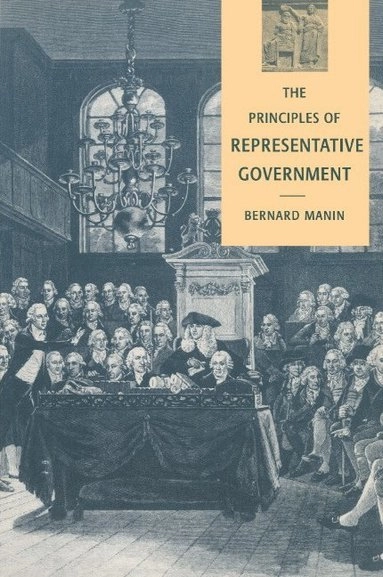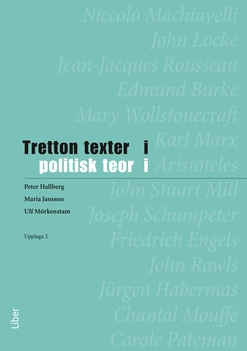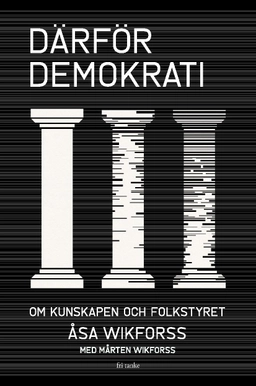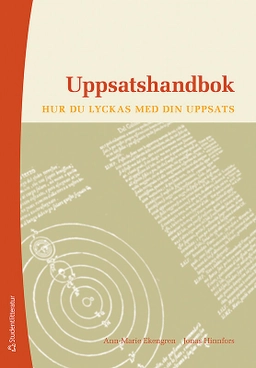

The principles of representative governmentUpplaga 2
- Upplaga: 2a upplagan
- Utgiven: 1997
- ISBN: 9780521458917
- Sidor: 256 st
- Förlag: Cambridge Univ. Press
- Format: Häftad
- Språk: Engelska
Om boken
Åtkomstkoder och digitalt tilläggsmaterial garanteras inte med begagnade böcker
Mer om The principles of representative government (1997)
1997 släpptes boken The principles of representative government skriven av Bernard Manin. Det är den 2a upplagan av kursboken. Den är skriven på engelska och består av 256 sidor. Förlaget bakom boken är Cambridge Univ. Press.
Köp boken The principles of representative government på Studentapan och spara uppåt 26% jämfört med lägsta nypris hos bokhandeln.
Referera till The principles of representative government (Upplaga 2)
Harvard
Oxford
APA
Vancouver



















